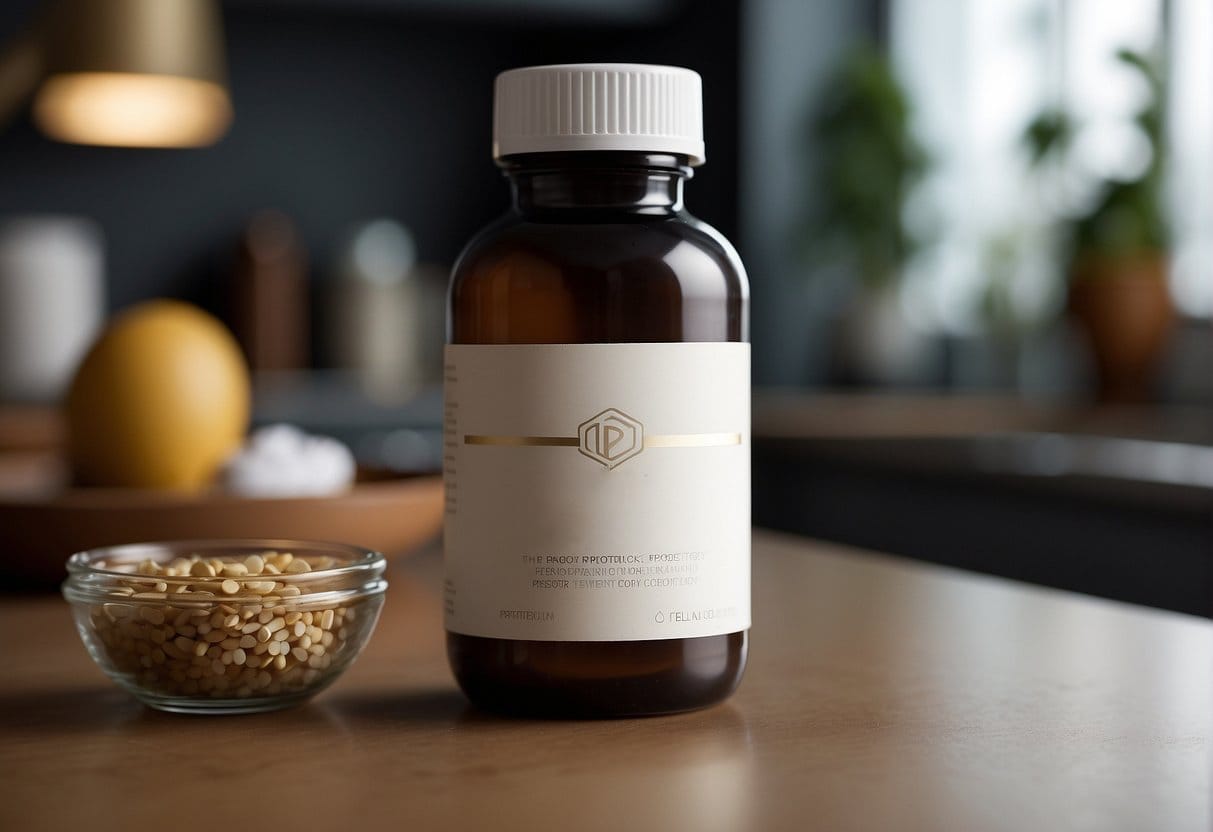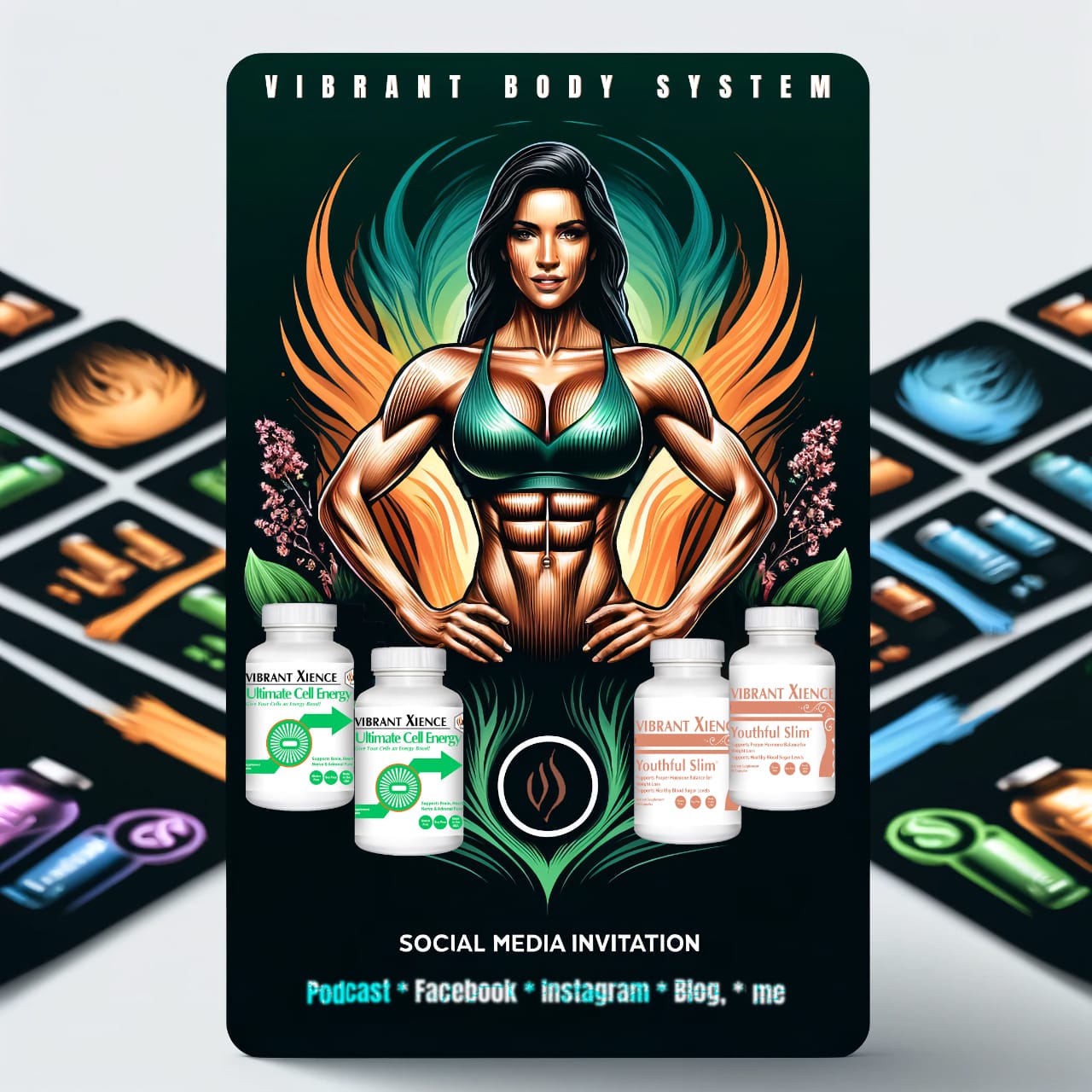Probiotics are live microorganisms that, when administered in adequate amounts, confer a health benefit on the host. Commonly found in fermented foods and dietary supplements, these beneficial bacteria have been celebrated for their role in maintaining gut health and aiding digestion.
Individuals often turn to probiotics to enhance their intestinal flora, especially after a course of antibiotics or during periods of digestive distress.
When one discontinues the use of probiotics, the gut's microbial landscape can change. The temporary residents introduced by probiotic supplements may decline, potentially causing the gut's microbiome to revert to its pre-probiotic state.
Some individuals may not notice any changes, whereas others might experience a return of the digestive symptoms that prompted them to take probiotics in the first place.

Understanding the effects on gut health after stopping probiotics is crucial for managing expectations and maintaining digestive well-being. It allows for a better grasp of the body's response to these supplements and informs decisions regarding the long-term management of digestive health.
Understanding Probiotics and Gut Health
Probiotics are live microorganisms that, when consumed in adequate amounts, benefit the host by maintaining digestive health and strengthening the immune system.
Role of Probiotics in Digestive Health
Probiotics, including strains like Lactobacillus and Bifidobacterium, contribute to the balance of the gut microbiome.
They help digest food and support the absorption of nutrients.
Regular ingestion of probiotics through fermented foods such as yogurt, kefir, sauerkraut, kimchi, and kombucha, or via dietary supplements, can aid in alleviating digestive issues such as bloating, constipation, and diarrhea.
- Digestive Support: Probiotics contribute to the breakdown of fiber, which the human body cannot digest, enabling the production of beneficial short-chain fatty acids.
- Barrier Function: They enhance the integrity of the gut lining, which acts as a barrier to harmful pathogens.

Impact on Microbiome and Immunity
Gut bacteria play a vital role in the immune system's response. A balanced gut microbiome, enriched with good bacteria from probiotics, is essential for immune health.
- Microbiome Diversity: Probiotics can influence the diversity and composition of the microbiome, which is crucial for overall gut health.
- Immune Modulation: The immune system benefits from the presence of probiotic bacteria, which can modulate immune responses and reduce the risk of infections.
Both the diversity and number of beneficial bacteria like lactobacilli and bifidobacteria are important markers of a healthy gut. Changes to this balance may impact the body's ability to fight infections and manage inflammation. Thus, maintaining a healthy balance of these microorganisms through the consumption of probiotics is an important aspect of digestive and immune health.
So that brings the question...
Effects of Discontinuing Probiotics

When an individual stops taking probiotics, they may experience shifts in their digestive system and immune response. These changes can range from mild to more significant and vary from person to person.
Physical and Digestive Changes
Symptoms such as bloating, gas, and alterations in bowel movements may occur after ceasing probiotic use.
The gut microbiome may revert to its original state pre-probiotic supplementation, potentially leading to diarrhea or constipation. This transition can disrupt digestion and the gut’s ability to process food and waste effectively.
In some cases, a reduction in probiotics can lead to increased inflammation within the gut.
Digestive Reactions:
- Bloating/Gas: An increase in these symptoms is commonly reported.
- Bowel Movements: These may become irregular or return to pre-supplementation patterns.
Side effects such as nausea or digestive discomfort are not typically associated with probiotic withdrawal but rather with the readjustment of the gut's bacterial balance.

Psychological and Immune Responses
Withdrawal from probiotics does not usually provoke direct psychological symptoms.
However, since the gut microbiota is linked with overall mental health, changes in gut bacteria might indirectly influence one's emotional state, potentially affecting levels of anxiety.
Immune system responses may also fluctuate as probiotics play a role in supporting immune function.
A decrease in 'good' bacteria might lower the defense against infections, although this effect would vary amongst individuals.
Immune and Mental Health Considerations:
- Anxiety/Mental Health: Indirect impacts due to gut-brain axis connection.
- Immune System: Potential for decreased resistance to pathogens.
Managing Expectations and Health Outcomes
When discontinuing probiotic supplements, it is essential to understand that the body may react differently. This section provides guidance on how to handle potential changes and maintain gut health through dietary choices.
Mitigating Potential Discomfort
Discontinuing the use of probiotics can lead to discomfort for some individuals.
To reduce potential issues, it’s recommended to monitor one's body for changes in digestive health.
Should discomfort such as bloating or irregular bowel movements occur, consider adjusting the dosage gradually.
- Tapering Off: Slowly reduce the probiotic dose instead of stopping abruptly.
- Monitor Symptoms: Keep track of digestive changes, noting any occurrences of IBS (Irritable Bowel Syndrome) symptoms.
Optimizing Diet for Gut Health
Post-probiotic supplementation, focusing on a diet rich in prebiotics and high-fiber foods supports the natural gut flora. This strategy can help maintain the health benefits probiotics provided.
- Fiber Fueled: Include a variety of plant foods such as whole grains, vegetables, and legumes to support a fiber-rich diet.
- Natural Probiotics: Incorporate food sources of live cultures like yogurt with Lactobacillus plantarum and Lactobacillus rhamnosus.
- Vitamins and Minerals: Ensure a balanced intake of vitamins and minerals, which are critical for the immune system and overall health.
- Consult Clinical Nutrition: For tailored advice, consult a clinical nutrition or gastroenterology professional clinical nutrition or gastroenterology.

Making Informed Choices About Probiotics
When considering discontinuing probiotics, it’s crucial to understand the role they play in health and the implications of stopping supplementation. This decision should be made with careful thought to avoid potential negative outcomes.
Evaluating the Necessity of Supplements
Individuals often turn to probiotic supplements to address specific medical conditions such as digestive problems, lactose intolerance, or to support a stronger immune system.
It is important to assess whether these supplements are essential for your well-being or if the benefits of probiotics could be obtained from dietary sources.
Dr. Will Bulsiewicz, author of "Fiber Fueled," emphasizes the importance of a diet high in fiber for maintaining gut health, which may reduce the need for supplemental probiotics found in pill or capsule form.
Experts recommend evaluating the necessity of probiotic supplements particularly after a course of antibiotics, which can disrupt gut flora, or to alleviate certain conditions such as leaky gut.
However, factors like nutrient absorption, allergic reactions, and the presence of high cholesterol should be taken into account, as probiotics may play a role in these areas.

Understanding Different Strains and Forms
Not all probiotics are created equal. Different strains provide specific benefits and potential side effects.
For instance, Lactobacillus strains may help with lactose intolerance, while Bifidobacterium could benefit those with IBS.
Additionally, supplement form matters. Whether you choose a pill, capsule, or food-based options like cottage cheese or pickles can affect the quality and potency of the probiotic.
Regulated ingredients are an essential consideration as the probiotics market isn't as strictly regulated as other sectors. This variability can lead to questions about the quality and adverse reactions.
It's advised to look for products that provide clarity on their specific bacterial strains. Also, verify that they do not contain unnecessary amounts of sugar, fat, or other problematic ingredients.
I hope you enjoyed the article and the value I am trying to provide if you have special requests or want to say HI, you know how to find me 🙋, till then stay Vibrant!






